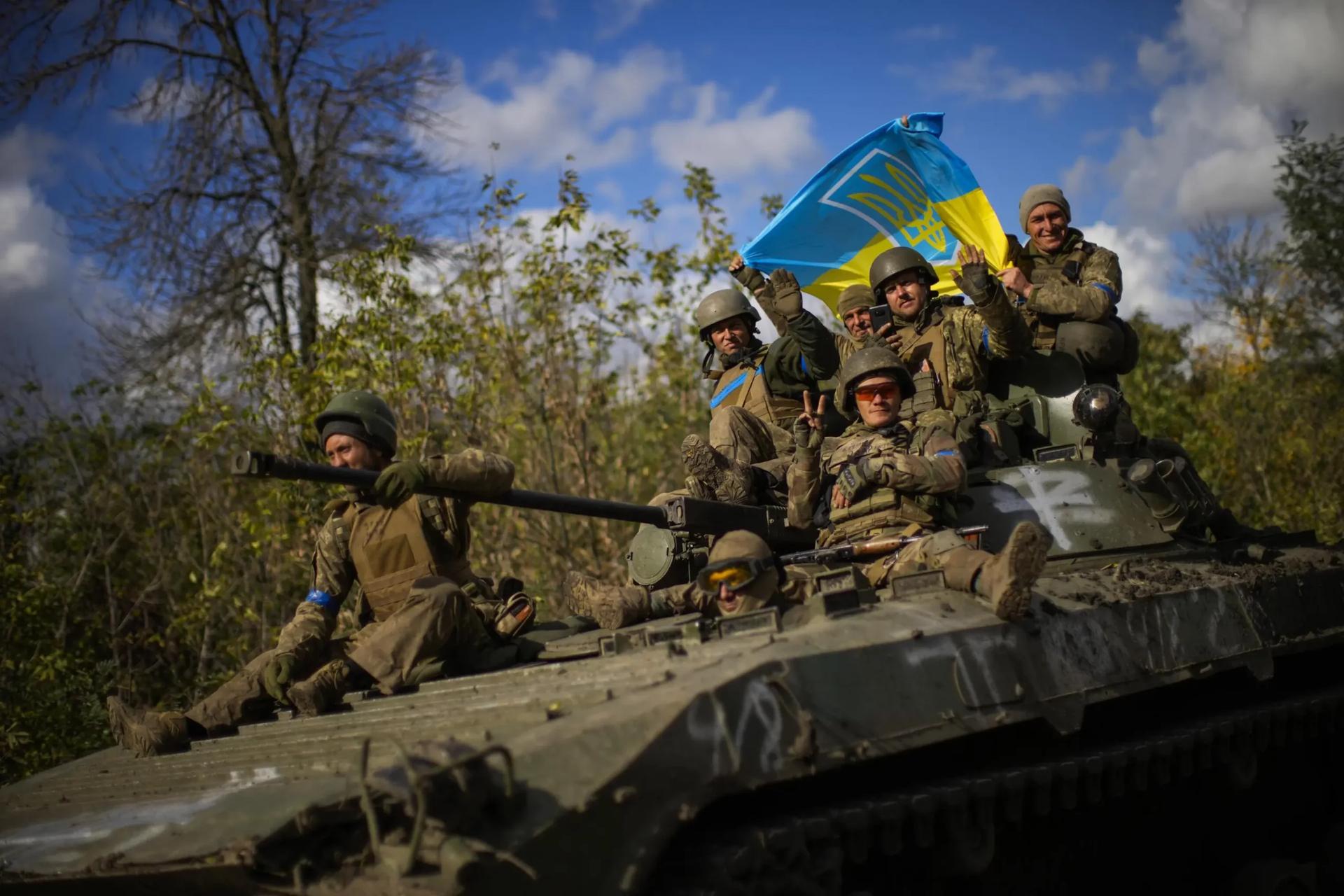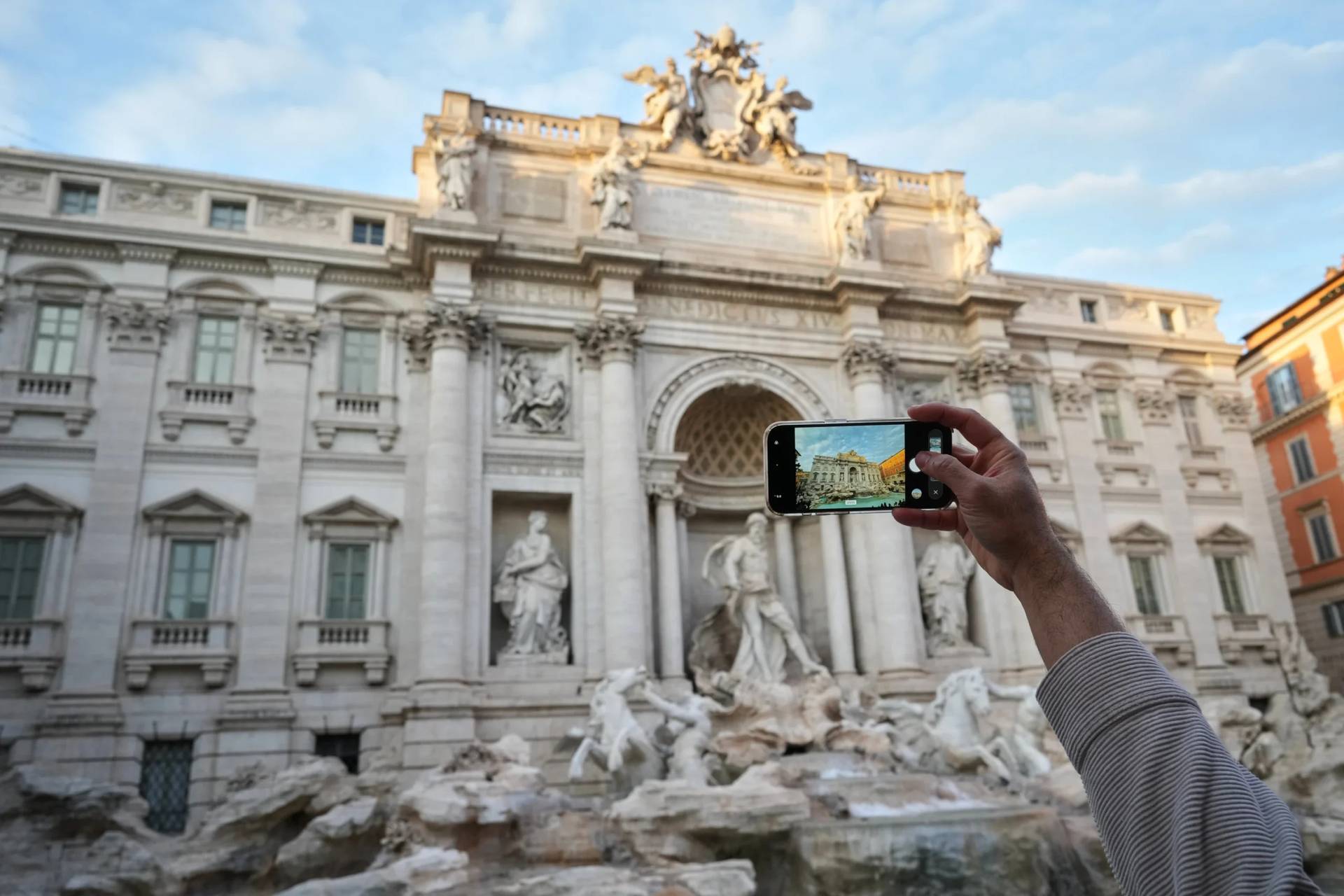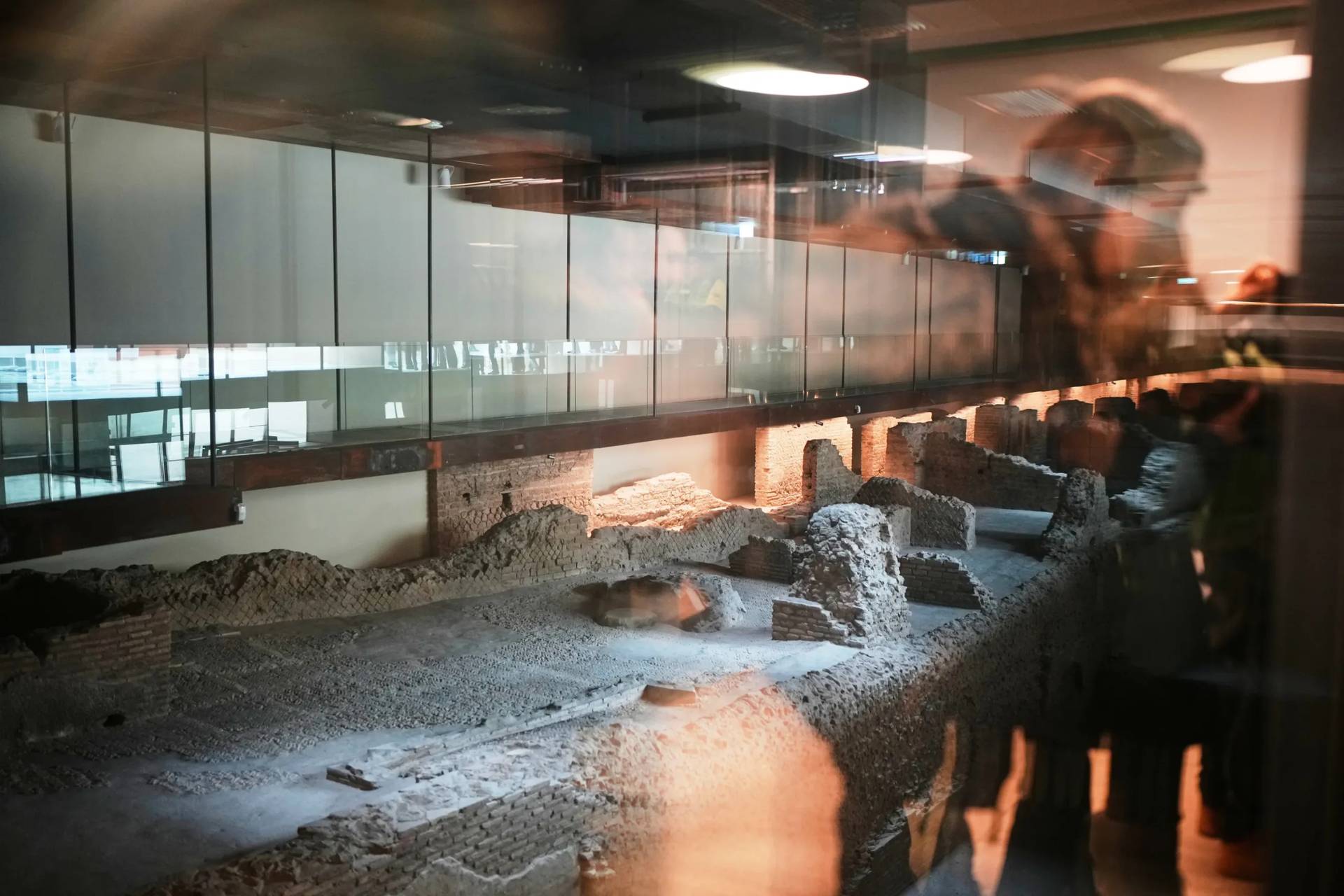Marking the 1,000th day after Russia began a full-scale invasion of Ukraine, Pope Francis said he was “well aware that no human words can protect their lives from daily bombings, console those mourning their dead, heal the wounded, bring children back home, free prisoners, mitigate the harsh effects of winter or restore justice and peace.”
He sent a Nov. 19 letter sent to Archbishop Visvaldas Kulbokas, apostolic nuncio to Ukraine.
“May the Lord comfort our hearts and strengthen the hope that, while gathering every tear shed and holding all accountable, he remains close to us even when human efforts seem fruitless and actions inadequate,” Francis said.
“I have been doing since the beginning of the invasion of this country, a heartfelt invocation to God, the only source of life, hope and wisdom, that he may convert hearts and enable them to initiate paths of dialogue, reconciliation and harmony,” he added.
Over the weekend, Russia launched more than 200 missile and drones at Ukraine’s energy grid in the largest-scale attack in months.
The United States has recently decided to supply Ukraine with anti-personnel mines and to allow U.S.-supplied long-range missiles to be fired into Russia. In response, Russian President Vladimir Putin approved changes to Russia’s nuclear doctrine.
Speaking to the Ukrainian Parliament, Ukrainian President Volodymyr Zelensky said Putin’s actions prove Russia has no interest in peace.
“At this stage of the war, it is being decided who will prevail. Whether us over the enemy, or the enemy over us Ukrainians … and Europeans. And everyone in the world who wants to live freely and not be subject to a dictator,” he said.
Major Archbishop Sviatoslav Shevchuk, the head of the Ukrainian Greek Catholic Church, said the war has been “senseless and sacrilegious.”
“If we talk about emotions, on the one hand, there is a growing deep sense of pain. People are deeply wounded because, every day, we are forced to witness the terrible face of death and destruction,” he told Vatican News.
“On the other hand, looking at how we have lived through the past thousand days, the prevailing feeling is hope—or rather, the virtue and capacity to hold onto hope. Because without hope, it is impossible to live in Ukraine today,” he continued.
“When we see how Ukrainian energy infrastructure workers start over and over again after each missile strike and repair the damage within hours, or how our doctors, despite the dangers, rescue people from destroyed homes and save lives—then, alongside the pain, there is hope. Hope arises from people of different professions, social groups, and regions of Ukraine,” Shevchuk said.
The major archbishop said when the war began, Ukrainians experienced “a deep shock.”
“Many psychologists and social scientists, as well as us, from a spiritual perspective, agree that this shock was a kind new beginning: in an instant, all human relationships were shattered, and everything we had understood, known, and lived up to that point was destroyed,” he said.
“This new beginning led to renewal because we had to rebuild our relationships, first with ourselves—each person had to ask, ‘Who am I? What should I do?’ All masks and appearances fell away, revealing the profound essence of humanity in both its greatness and fragility. This upheaval also triggered another phenomenon: losing and rediscovering our relationship with God,” Shevchuk told Vatican News.
“When you experience bombardment, your house shaking, and the terrible roar of bombs, it feels like you are plunged into a spiritual darkness, crying out, ‘Lord, where are you? Why have you abandoned me?’ – like Jesus on the Cross. Yet, the God who seemed absent in that moment reveals Himself, and the Church witnesses a profound conversion — a conversion of priests, bishops, monks, and the faithful, as well as those distant from the Church,” he added.
“People rediscover God as the source of their lives amidst disaster and pain. This is the essence of spiritual and ecclesial life: To lose and find again, to pass through destruction and emerge in a different world, society, or country. That is why everyone says the Ukraine that existed before February 24, 2022, no longer exists. We must rediscover this people, this country, and the Church of Christ among them,” Shevchuk said.
















